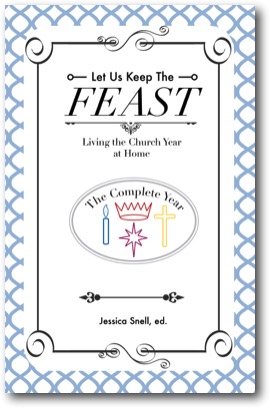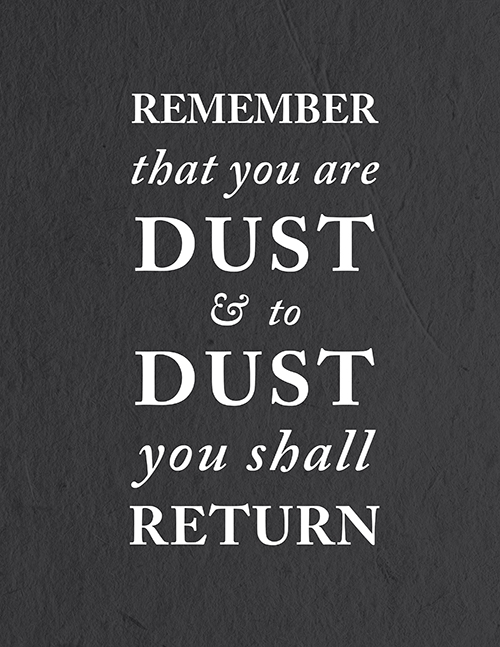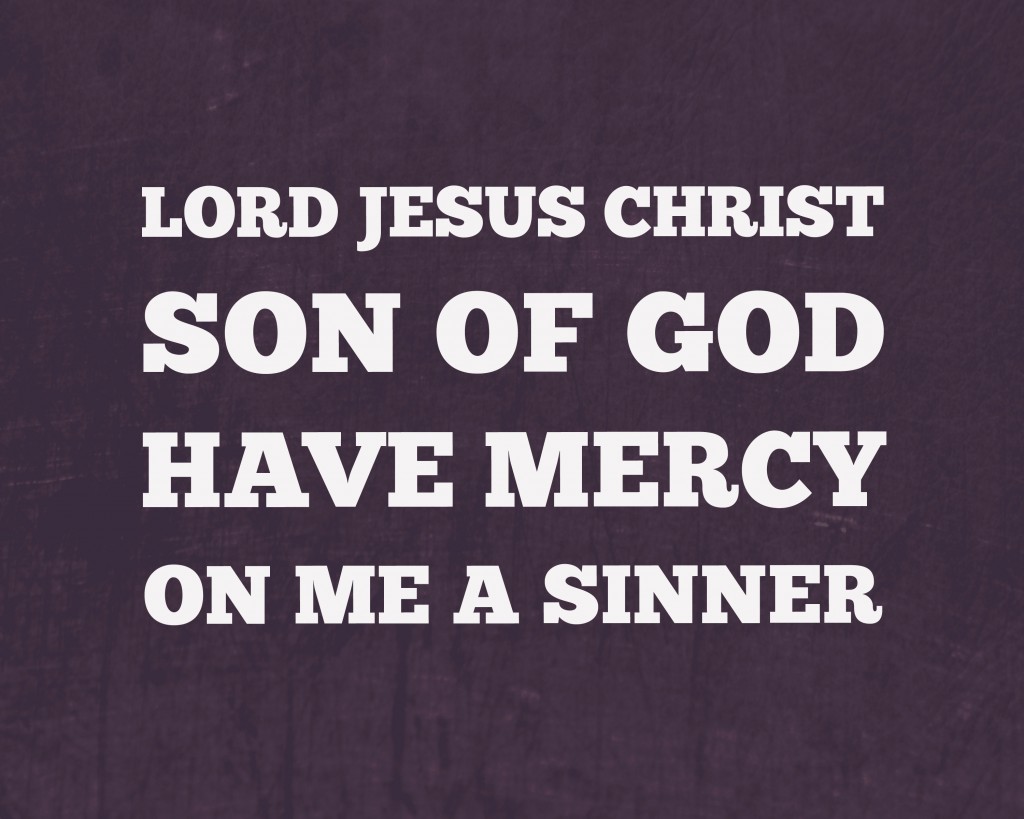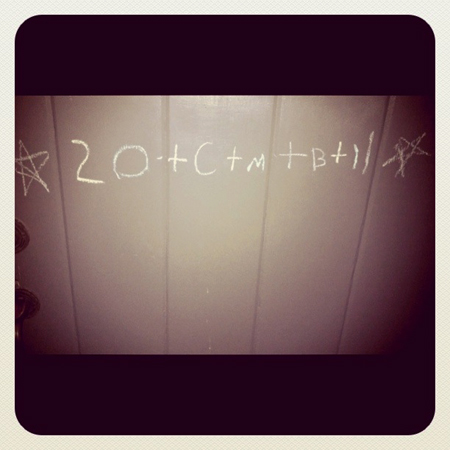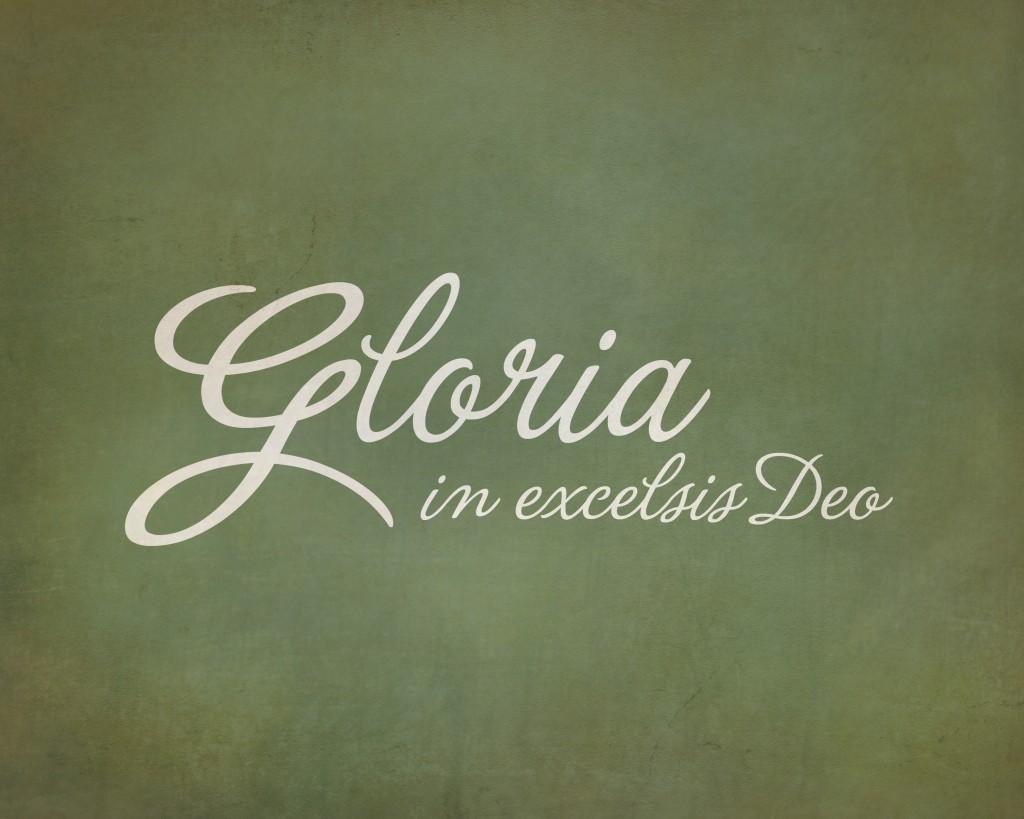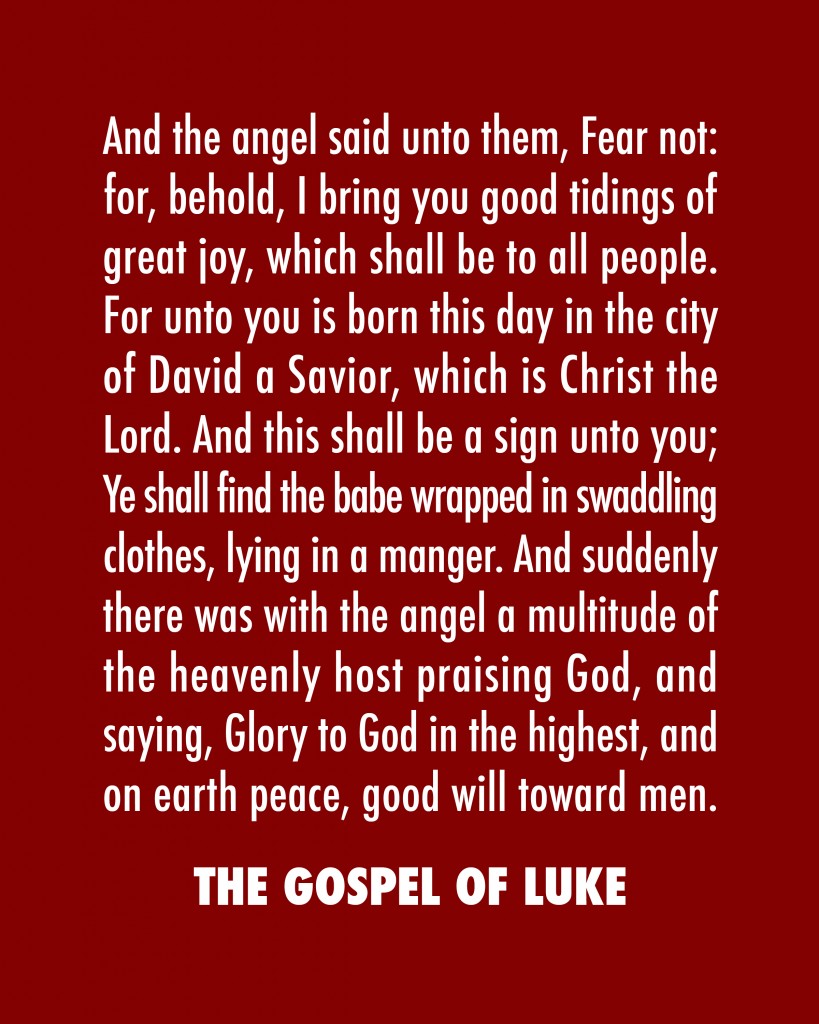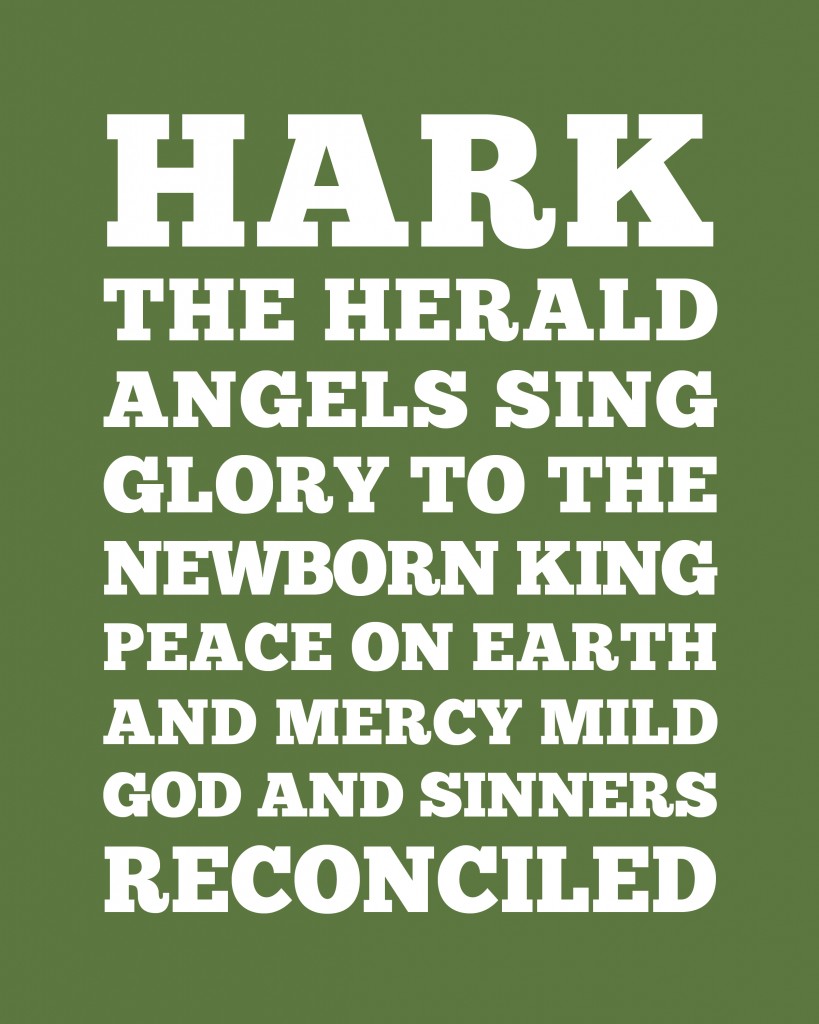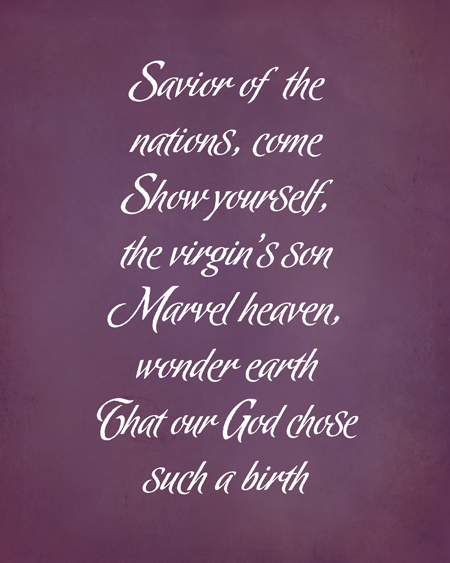Part of a continuing series on celebrating the church year.
Advent means coming. It is a season of waiting and expectation where we remember the longing of God’s people for a savior and our own longing for things to be made new in Christ’s second coming. We live in the in between, and Advent is a time of focusing on the hope we have in His return. Advent is the first season in the church year, beginning four Sundays before Christmas and ending Christmas Eve. Celebrating Advent at home is a way of focusing on the incarnation during the busy holiday season.
I love to gather and give ideas for celebrating at home, there are so many great things we could do! One helpful way of thinking about it is to determine what you want to make a solid tradition, what you are growing into, what you are doing for a season. The backbone of your celebration might be something as simple as lighting candles, but it is something you can do with children of any age and something they will remember for a lifetime. You can fill in with activities and practices more tailored to where your family is at right now.
A basic symbol of the Advent season is the advent wreath. Traditionally it is an evergreen circle with four candles for the four weeks of Advent, and an optional center Christ candle. Most traditions use three purple candles, one pink, and a white Christ candle. Different people have different ideas about what the candles stand for, but the pink candle is typically used the third week of Advent and represents joy. You light one candle during the first week of Advent, two during the second, and so forth. Redeemer San Antonio (PCA) has put together a good weekly devotional to use with an advent wreath.
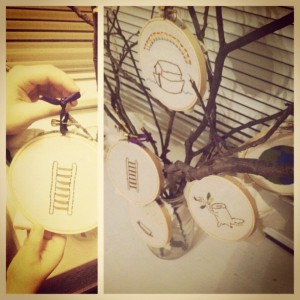
To guide children through the Old Testament story of waiting for a redeemer, many families use a Jesse Tree with ornaments made from symbols that represent the stories for each day. This is a newer practice and there isn’t one set of symbols everyone uses. I ended up creating my own list of symbols and corresponding readings that incorporated both familiar stories and important ones that don’t end up in many story bibles, and wrote some meditations and prayers to go along with them. My friend Stephanie has a different list, with similar daily devotions. The RCA has a guide appropriate for preschoolers. If you like the idea, but want to skip the symbols and tree, a good way of doing this would be to read through the Old Testament stories in the Jesus Storybook Bible during the Advent season. I like Christ the King PCA’s daily Advent devotional, though the emphasis is more focused on Christmas itself.
Some families set up the stable of a creche the first week of advent, with any animals and begin Mary and Joseph’s slow journey to Bethlehem. The shepherds and sheep can be nearby and the Wise men far off. Each day during advent they move Mary and Joseph a little closer to the stable, to arrive Christmas Eve. (This works well if you have a nativity set your children can’t break!) If I had a collection of creches, I’d display complete sets with one coming together through the season. On Christmas, the shepherds come and the wise men start their journey, arriving January 6th.
Advent calendars have become popular in both Christian and secular circles as a way to count down the days. There are so many cute ideas for crafting them. We have a wooden calendar, and I fill each day with a treat or a note about something we are doing that day to celebrate, even simple things we’d do anyway like “make hot chocolate after school” and “bake cookies for the neighbors.” You could make a paper chain of these sorts of ideas as a “calendar” with a stapler and a few sheets of construction paper.
We love to sing during Advent. There are many great Advent hymns, “O Come, O Come Emmanuel,” “Come Thou Long-Expected Jesus,” “Comfort, Comfort Ye My People” and “Savior of the Nations Come” are some of my favorites. When you have already been hearing Christmas music everywhere for weeks, it’s hard to NOT sing Christmas carols during Advent. I prefer to stick to Advent only for the first two weeks and start adding in some Christmas carols during the third week. We also delay putting up our tree until that point as well, to give Advent some time all its own. Some people don’t put one up until Christmas Eve, so I think of my “third week” rule of thumb as a good middle ground. I really enjoyed reading about how Kelly has started putting up her tree at the beginning of Advent and using Chrismons (symbols of Christ) as ornaments until Christmas Eve, when they add Christmas ornaments. If you need some advent decor, I made a few free printables you can find here.
I plan on making every conceivable paper star (and I think I’ve pinned them all on Pinterest) as an Advent craft. Stars are part of our Jesse Tree, and of course, in the Christmas story. And cutting / folding is right up Kate and Lexi’s alley these days.
For teens and adults, Watch for the Light would be great devotional reading. City Church Philadelphia has a good Advent Prayer Guide that is simple and not too time-consuming. Advent is also a good time to try praying the Divine Hours. There are many Advent books for children, I’d love to hear about some of your favorites. And also, please share any Advent traditions you have in your family!

